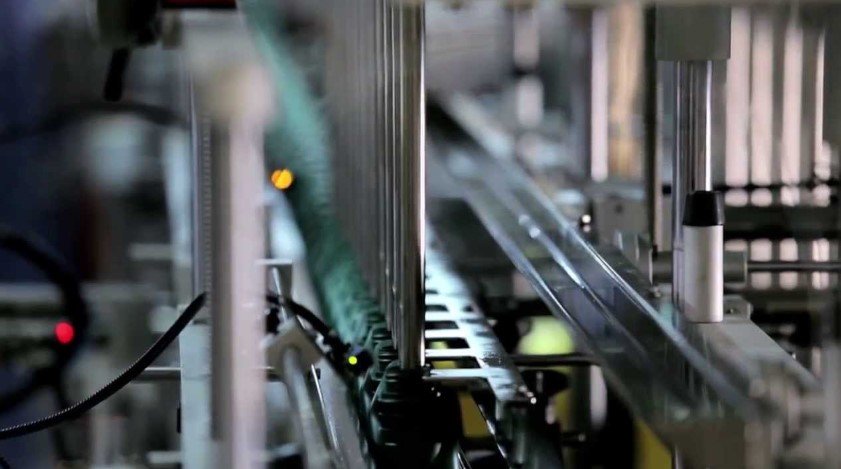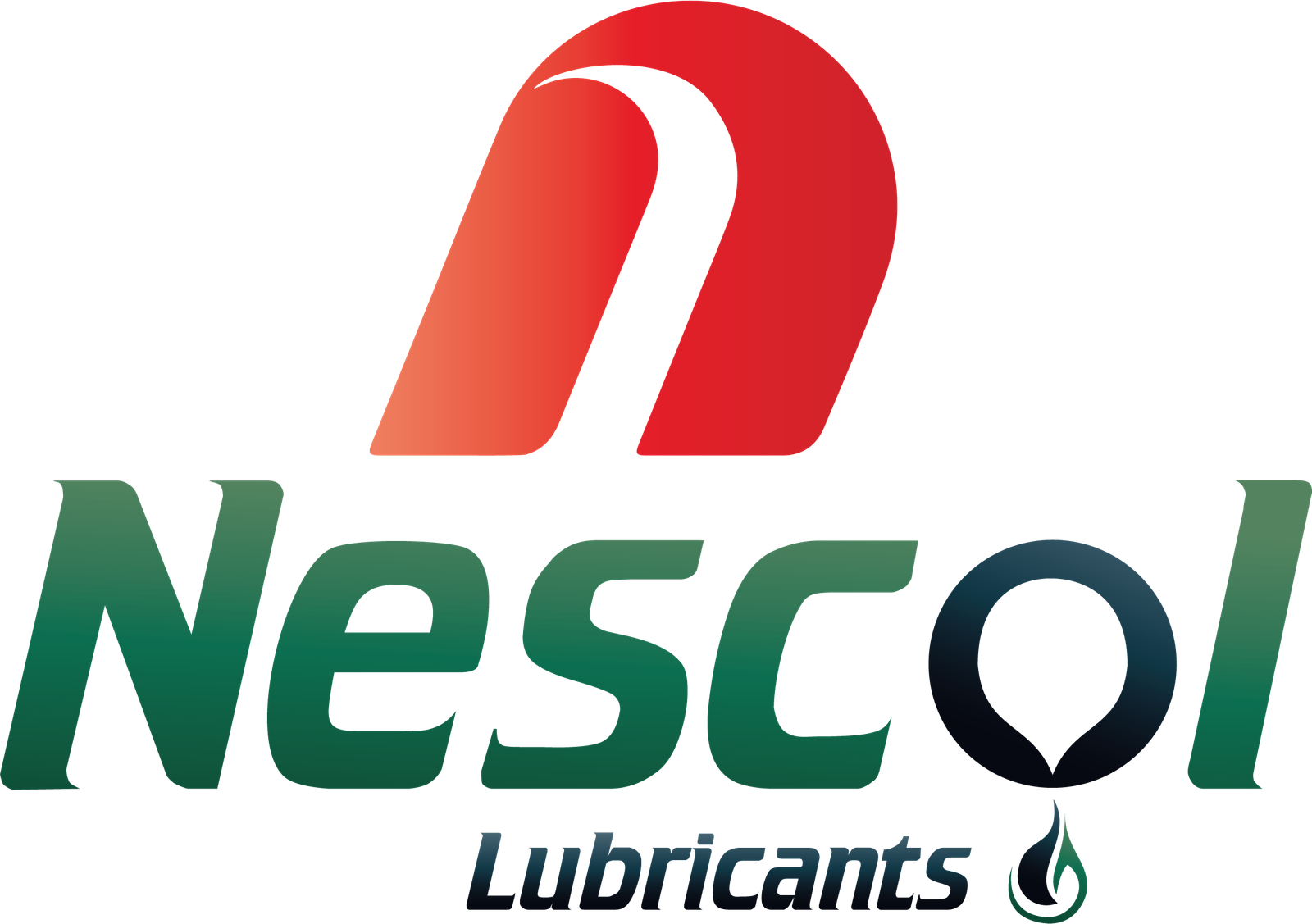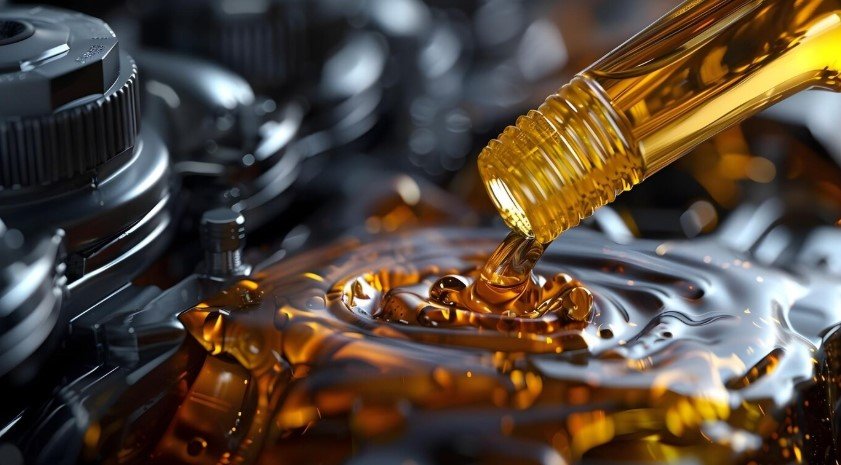Future of Lubricants in UAE: Sustainability and Bio-Based Oils
The UAE’s landscape is a testament to ambition and transformation. From the shimmering dunes of the Liwa Oasis to the soaring towers of Dubai, a relentless drive for progress defines the nation. This spirit of innovation is now powerfully steering one of its most vital industries: the automotive sector. As the region accelerates towards a more sustainable and technologically advanced future, the very lifeblood of its millions of vehicles—engine lubricants—is undergoing a profound revolution. The future is no longer just about superior performance; it is unequivocally about sustainability, environmental responsibility, and the strategic adoption of bio-based oils.
For decades, the primary function of automotive lubricants was clear: reduce friction, manage heat, and protect engine components from wear, all derived from conventional petroleum-based formulations. However, the global sustainability imperative, coupled with the UAE’s own visionary initiatives like the “UAE Energy Strategy 2050,” has catalyzed a fundamental shift. The market is now demanding solutions that deliver peak performance without compromising the health of the planet. This is where the transformative potential of bio-based lubricants comes into sharp focus, heralding a new era for the automotive industry.
Unsustainable Weight of Conventional Lubricants
Traditional lubricants, while effective, carry a significant environmental burden. Their production is heavily reliant on finite fossil fuel resources. More critically, their disposal poses a serious threat. Used oil is a major pollutant; a single gallon can contaminate up to one million gallons of fresh water. In a region like the UAE, which prioritizes water security and environmental conservation, the implications are stark.
Furthermore, the carbon footprint associated with the entire lifecycle of a mineral-based lubricant—from extraction and refinement to transportation and disposal—is substantial. As the UAE moves decisively towards its net-zero goals, every industry segment, including automotive maintenance, is being re-evaluated through a green lens. The old model is becoming incompatible with the new national and global vision.
Bio-Based Oils: Deconstructing the Green Engine of Change
Bio-based lubricants represent a paradigm shift in formulation philosophy. Instead of being sourced from ancient, finite carbon reserves, they are derived from contemporary, renewable biological cycles. The primary feedstocks include:
First-Generation Feedstocks: Vegetable oils like rapeseed, sunflower, palm, and soybean oil. These offer excellent lubricity but have historically faced challenges with oxidative stability.
Second-Generation Feedstocks: Non-food crops like jatropha or used cooking oil (UCO), which avoid the “food vs. fuel” debate and promote waste valorization.
Synthetic Esters: These are not merely processed plant oils but are chemically synthesized from biological fatty acids and alcohols. They represent the high-performance end of the bio-lubricant spectrum, offering exceptional stability and performance characteristics, albeit at a higher cost.
The advantages of these advanced formulations are multi-faceted and align perfectly with the future needs of the UAE’s automotive sector.
1. Superior Biodegradability and Lower Eco-Toxicity: The molecular structure of triglyceride-based bio-lubricants is more recognizable and digestible to microorganisms in the soil and water. High-quality bio-based oils can achieve over 60% biodegradation in 28 days, compared to 15-35% for mineral oils. This rapid breakdown drastically minimizes long-term ecological damage in the event of a spill in sensitive desert or marine environments, such as those found near the UAE’s extensive coastline.
2. A Intrinsically Reduced Carbon Footprint: The carbon in a plant-based lubricant was originally absorbed from the atmosphere by the source plant via photosynthesis. This creates a semi-closed carbon cycle. While manufacturing and transportation still produce emissions, the fundamental feedstock is carbon-neutral. A full lifecycle assessment often shows a 50% or greater reduction in CO2 equivalent emissions compared to mineral oil equivalents.
3. Enhanced Technical Performance Attributes: Beyond their green credentials, bio-based oils often deliver tangible performance benefits: * High Lubricity and Film Strength: The ester groups in bio-based molecules have a strong polar attraction to metal surfaces, forming a more tenacious and durable protective film. This results in significantly reduced boundary friction, which can lead to measurable fuel economy improvements of 1-5%. * High Viscosity Index (VI): Bio-based oils naturally resist thinning out at high temperatures and thickening at low temperatures. This high VI ensures consistent protection and pumpability across the UAE’s extreme climatic range, from 50°C summer days to cooler winter nights, reducing wear during cold starts and maintaining pressure under extreme heat. * High Flash Point and Low Volatility: With flash points often exceeding 300°C, these lubricants are safer to store, handle, and use. Lower volatility means reduced oil consumption through evaporation and less oil mist in workshop environments, contributing to better air quality and worker health.
A Comparative Analysis: Bio-Based vs. Conventional vs. Synthetic Lubricants

The following table provides a clear, head-to-head comparison of the three main categories of automotive lubricants, highlighting their suitability for the UAE market.
| Feature | Conventional Mineral Oils | Full Synthetic Oils (PAO/ESTER) | Advanced Bio-Based Oils (e.g., Synthetic Esters) |
|---|---|---|---|
| Base Stock Source | Refined Crude Oil | Chemically Synthesized (PAO) or from Mix of Sources | Renewable Plant Oils, Animal Fats, Advanced Bio-esters |
| Biodegradability | Low (15-35%) | Very Low to Low | Very High (60-100%) |
| Toxicity | High (contains PAHs, metals) | Low to Moderate | Very Low |
| Viscosity Index | Moderate | High | Very High |
| Lubricity / Film Strength | Good (relies on additives) | Very Good | Excellent (inherent property) |
| Oxidative Stability | Moderate (relies on additives) | Excellent | Good to Excellent (with advanced additives) |
| Typical Cost | Low | High | Moderate to High (decreasing) |
| Carbon Footprint | High | Moderate to High | Low to Neutral |
| Performance in Extreme Heat | Good (with VI improvers) | Excellent | Excellent (high natural VI) |
| UAE Sustainability Alignment | Low | Moderate | Very High |
Weighing the Future: A Balanced View of Pros and Cons
To make an informed decision, stakeholders in the UAE automotive industry must consider a balanced view.
Advantages of Bio-Based Lubricants:
Environmental Leadership: Directly supports corporate and national ESG (Environmental, Social, and Governance) and sustainability targets.
Resource Security: Reduces dependence on imported crude oil, leveraging renewable agricultural resources.
Technical Superiority: Offers inherent advantages in lubricity, viscosity index, and flash point, which can enhance engine life and efficiency.
Waste Management Simplification: Classified as non-hazardous waste, their disposal is simpler, safer, and often less costly.
Positive Brand Image: Allows companies and consumers to demonstrate a tangible commitment to environmental stewardship.
Challenges and Disadvantages of Bio-Based Lubricants:
Oxidative Stability: While greatly improved, some formulations can still be more susceptible to oxidation at very high temperatures than the best full synthetics, leading to sludge and acid formation if not properly formulated.
Cold Weather Performance: Some vegetable-oil-based lubricants can pour poorly at very low temperatures, though this is less of a concern in the UAE climate and is mitigated in ester-based oils.
Cost Competitiveness: The production process is currently more expensive than for mineral oils, resulting in a higher price point at the consumer level.
Feedstock Limitations: Concerns exist about land-use change and deforestation if demand for certain feedstocks (like palm oil) is not managed sustainably.
Market Awareness and Acceptance: A significant knowledge gap persists among mechanics and consumers regarding the performance and benefits of modern bio-lubricants.
Nescol Lubricants: Engineering the Sustainable Shift in the Region
In the context of the UAE’s evolving market, the role of forward-thinking lubricant manufacturers becomes paramount. Nescol Lubricants has established itself as a key player, recognizing the strategic importance of sustainability early on. The company’s commitment is moving beyond mere marketing and into deep-seated research and development. Nescol Lubricants is actively investing in the development of high-performance ester-based formulations specifically designed to overcome the traditional weaknesses of bio-lubricants.
Their focus is on creating products that offer unparalleled oxidative stability for the Gulf climate, ensuring that the lubricant maintains its protective properties even in the scorching heat of a UAE summer. By aligning its corporate strategy with the UAE’s national sustainability agenda, Nescol Lubricants is not just responding to a market shift but is actively helping to shape the future of the automotive lubricant industry in the region. Their work in developing advanced, locally-suited formulations demonstrates a clear understanding that the future of automotive care lies in a harmonious balance between uncompromising engine protection and unwavering environmental stewardship. The initiatives taken by Nescol Lubricants serve as a case study in how regional industry leaders can pivot to meet global challenges.
The Road Ahead: A Collaborative Drive Towards a Greener UAE
The future of lubricants in the UAE’s automotive sector is a mosaic of innovation, regulation, and changing consumer behavior. We can anticipate several key developments:
Government Regulations and Incentives: The UAE government may introduce stricter regulations on the disposal of used oil, potentially implementing Extended Producer Responsibility (EPR) schemes. Furthermore, “Green Procurement” policies favoring environmentally acceptable lubricants (EALs) in government fleets and sensitive areas (like nature reserves) could create a powerful market pull.
Technological Convergence with Electrification: The rise of electric vehicles (EVs) presents a new frontier. While EVs eliminate engine oil, they require specialized fluids for thermal management of batteries and motors, and gear oils for reduction gears. Bio-based dielectric fluids and low-viscosity gear oils, with their high thermal stability and natural lubricity, are perfectly poised to meet these new, demanding requirements.
Consumer Awareness and Demand: As UAE consumers become more environmentally conscious, their purchasing decisions will increasingly reflect their values. The demand for “green” maintenance options will grow, pushing workshops and service centers to stock and recommend sustainable lubricant choices from trusted brands. Transparency, backed by certifications from bodies like the American Petroleum Institute (API) and European Automobile Manufacturers’ Association (ACEA), will be key.
Final Thoughts
The journey of the automotive lubricant in the UAE is mirroring the nation’s own transformative path. It is evolving from a purely functional petroleum-based product into a sophisticated, bio-based technological solution that powers progress while protecting the environment. The shift towards sustainability is no longer a peripheral option but a central tenet of the industry’s future, driven by undeniable environmental needs, tangible performance benefits, and strategic national vision.
The integration of high-performance bio-based oils represents a win-win scenario: for vehicle owners, it means superior engine protection, potential efficiency gains, and a clear environmental choice; for the nation, it means a tangible step towards a cleaner, greener, and more resource-secure future. As companies like Nescol Lubricants continue to innovate, overcoming the remaining technical and economic hurdles, and as the market embraces this change, the UAE’s roads will not only be filled with advanced vehicles but will also be maintained by the most advanced and responsible lubricants science can offer. The era of the green machine has arrived, and it is poised to thrive under the UAE sun, leaving a lighter footprint on the sands of time.

